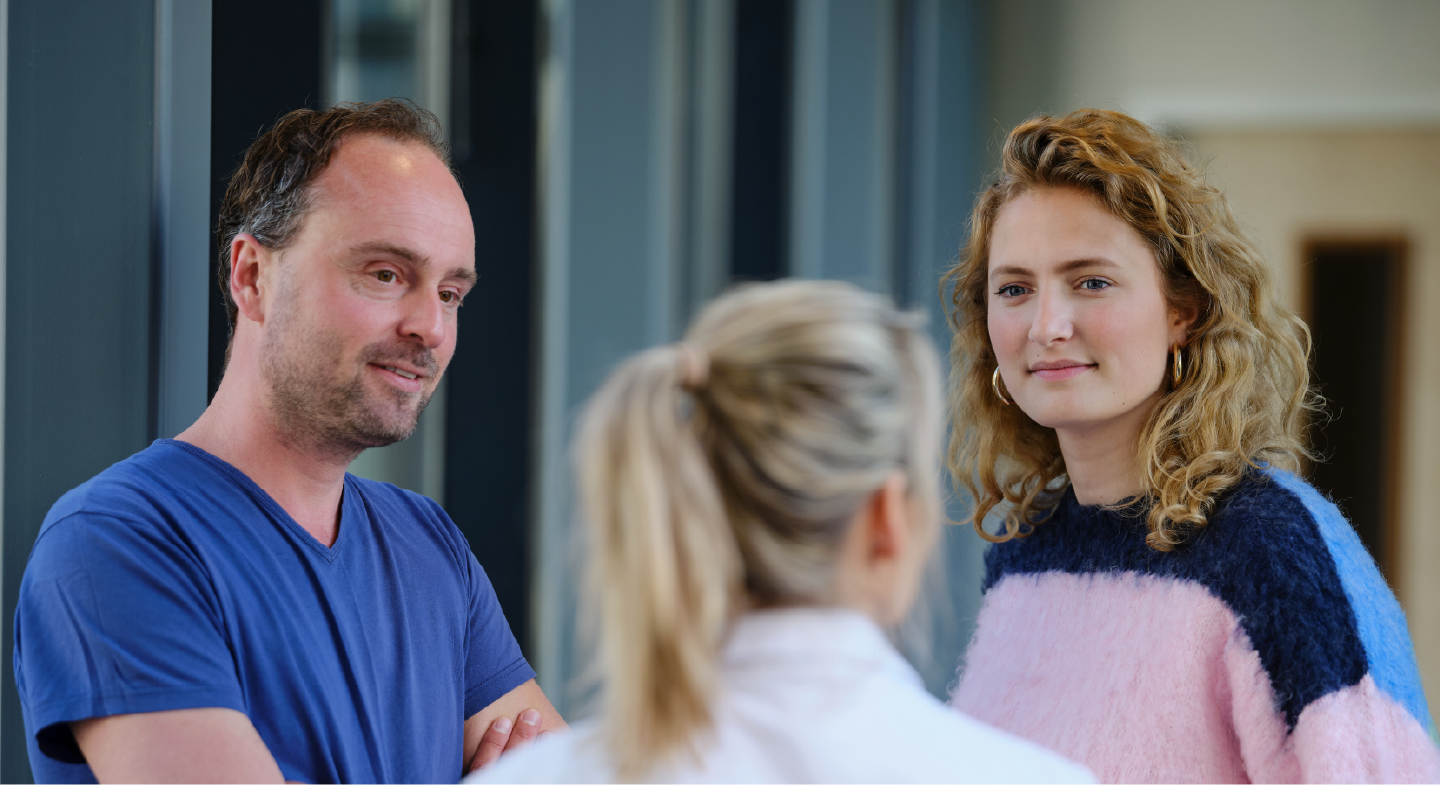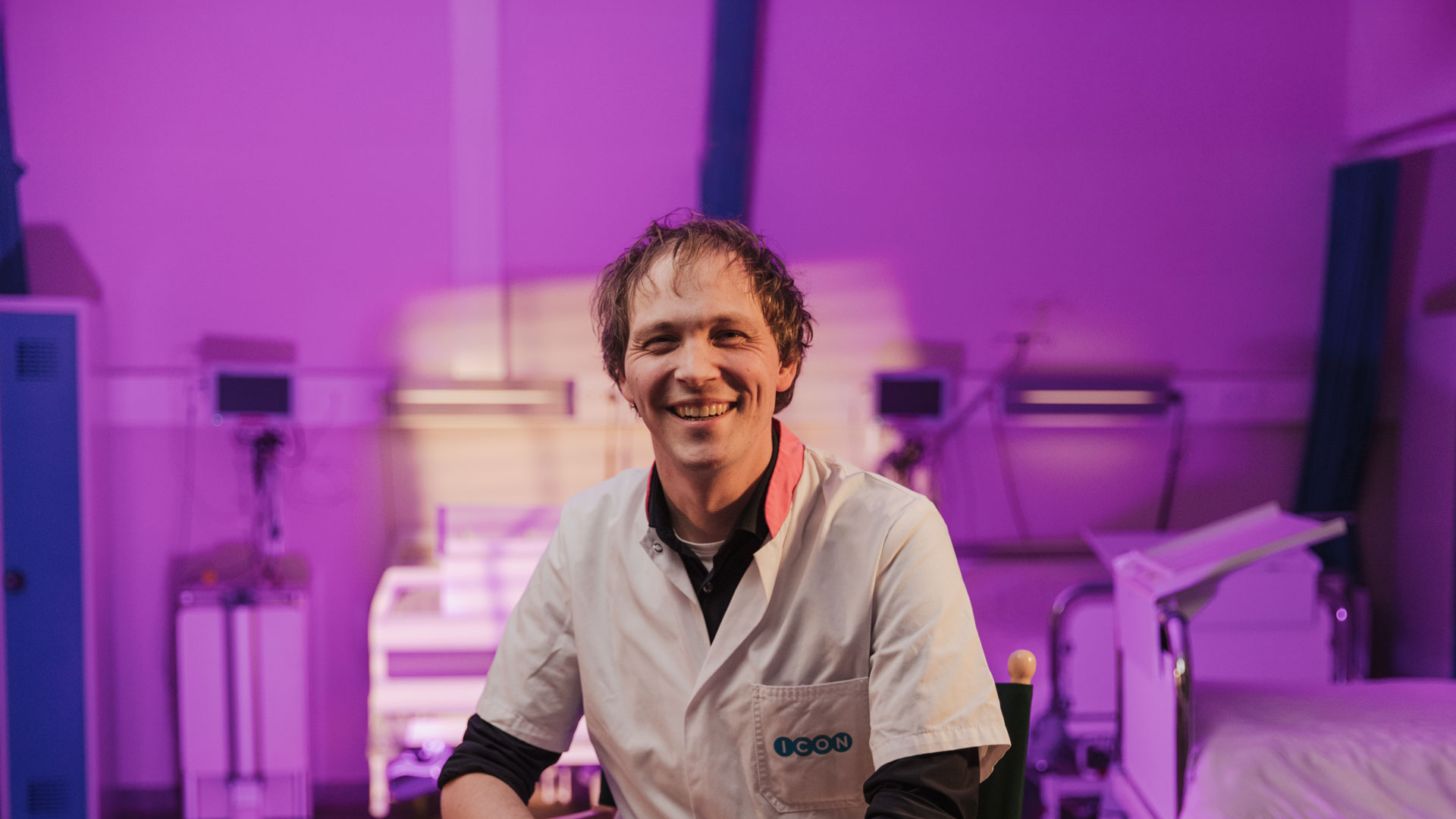
Why aren’t there always research opportunities for fertile females?
Read why that is
If you check our website regularly, you may have noticed: at the moment, there aren’t many trial opportunities for fertile females. And yes, that raises questions. Some even think women are deliberately excluded from clinical trials. Time to set the record straight, the truth is different.
❌ Are women excluded?
No. There’s no policy excluding women from clinical research. In fact, it’s important that women are included, because the effects of medicines can differ between men and women.
Still, not all women can always participate. Why? It all comes down to safety.
🔍 Excluding pregnancy = safety first
For most trials, it’s a strict requirement that you’re not pregnant and cannot become pregnant.
That’s not because we want to exclude women, but because in the early stages of clinical research it’s often not 100% clear what effect a medicine may have on a pregnancy or unborn child.
That’s why only women can participate who are:
- No longer fertile (e.g. post-menopause or after sterilization),
- Or using reliable contraception.
In some cases, double contraception is required—like hormonal birth control and condom use. This isn’t about being strict; it’s purely to protect your health (and that of a possible pregnancy).
🤔 So why are there so few research opportunities now?
Simply put: right now, we’re mainly conducting trials that come with these strict requirements. That doesn’t mean that fertile females are never welcome, far from it. We regularly run trials that includes women on contraception, for example when studying interactions between medicines and the pill.
It’s just that, at the moment, those aren’t the ones on offer. The opportunities depend on the clinical trials that pharmaceutical companies bring to ICON. So, we don’t have full control over this ourselves.
💬 “But without women, you can’t do good research, right?”
Exactly. Women are essential in clinical research. That’s why we actively look for fertile females who meet the requirements whenever possible.
At ICON, we also take into account different lifestyles and backgrounds. For example, you may still be able to participate if you’re not sexually active, have a same-sex partner, or live a celibate lifestyle for religious reasons.
Want to read more about this topic?
👉 Check out our blog: Contraception requirements in clinical trials.
✅ In summary:
- Women are not excluded from research.
- Safety is always the top priority, especially regarding fertility and pregnancy.
- At the moment, there are simply fewer opportunities for fertile females.
- Do you use contraception? Then there are regularly research projects you can take part in.
We get that this raises questions, and you’re always welcome to ask them.
👉 Check our current trials page for opportunities, or contact us if you’re unsure whether you qualify.


